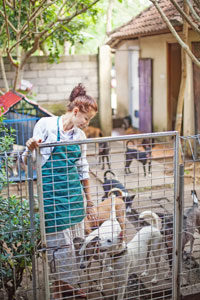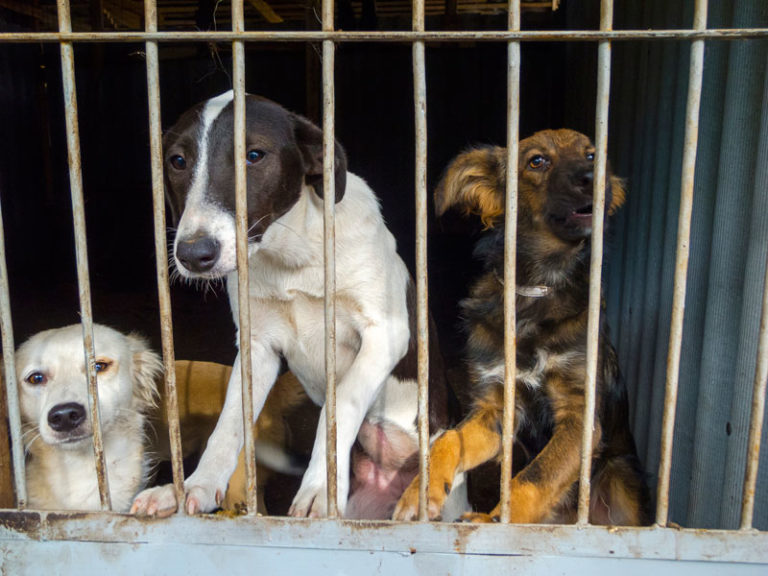Rescue, Adopt and Support
There are myriad ways to help the homeless dogs and cats in your community.

If you are a pet lover, your heart aches for homeless dogs and cats. You wish you could take them all in and give them the love they deserve. While it’s impossible to save them all personally, you can do a lot to help dogs- and cats-in-need find good homes by lending a hand to your local shelter or rescue.
Just about every animal shelter and private rescue needs the help of the caring public. Funds available to these organizations are typically low, and they rely on volunteers to provide many needed services.
Helping Shelters
Animal shelters typically take two forms: city- or county-owned and private. Most shelters are run by a local municipality and money is tight. These shelters can only keep adoptable pets for a limited time before euthanizing them. Any assistance you can provide helps them stretch their resources, and allows more time to place homeless cats and dogs.
Here are some ways to help public shelters:
- Donate. Most local animal shelters will accept donations of food, bedding, towels, grooming products—anything dogs and cats typically need. If your local shelter has a website, it may contain a wish list detailing exactly what the shelter is seeking. Monetary donations are also appreciated at these shelters.
-

If you can’t donate money or supplies, consider volunteering; even an hour or two a week can help. (Photo: LiudmylaSupynska/iStock) Volunteer. Many city and country animal shelters use volunteers. Dog walking and grooming are among the often-needed services. Sometimes clerical work can be provided on a volunteer basis, as well as help maintaining the shelter’s presence on adoption sites like Petfinder.com.
- Share. Spreading the word about your local shelter is a great way to help find homes for dogs in need. Post dogs for adoption on your Facebook page, or tweet about them to your followers. Adopt a dog or cat from your local shelter and introduce her to people you meet as a former shelter dog or cat.
Private Rescues
Over the past 15 years, many small rescues have sprung up around the country to find homes for homeless dogs and cats. Some specialize in a particular breed, age or type of dog, while others provide services to any dog or cat in need.
The majority of small rescues are run by volunteers. Your help can be invaluable.
Here are some ways to provide service:
- Foster. Most small rescues do not have a shelter and instead rely on volunteer foster homes. Cats and dogs who are taken from high-kill public shelters or are surrendered by their owners to these rescues must be kept in foster homes while they wait to be adopted. Small rescues are in desperate need of foster homes. Without them, they are limited on the number of dogs and cats they can help. Foster volunteers also help cats and dogs get adopted by providing them with needed socialization while forever homes are sought.
- Participate. Small rescues often engage in fundraising efforts to keep money flowing for food, veterinary care and other expenses related to dog and cat rescue. Participate in a rescue’s fundraising activities, either by looking for sponsors if the event involves a walk-a-thon, or volunteering to help at the event. Some rescues need volunteers to work in booths are local fairs and adoption events.
Any amount of time, money or supplies you can offer to a local shelter or rescue will go a long way in helping cats and dogs in need. While you can’t take in every dog and cat in trouble, you can still make a difference
About the Author: Audrey Pavia is an award-winning freelance writer and author of “The Labrador Retriever Handbook.” She is a former staff editor of Dog Fancy, Dog World and The AKC Gazette magazines. To learn more about her work, visit www.audreypavia.com and hollywoodhoofbeats.net





